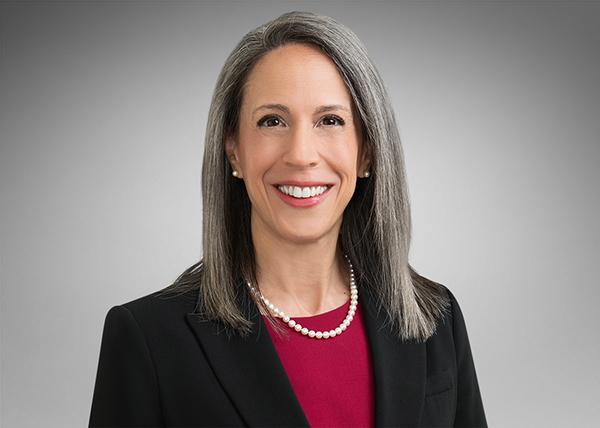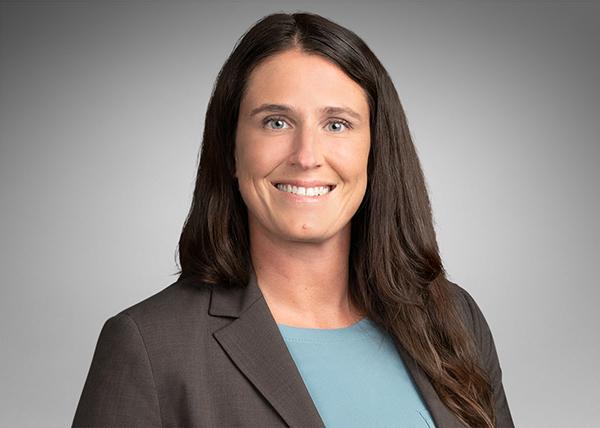Earlier this week, FDA and USDA issued a Memorandum of Understanding (“MOU”) establishing how the two agencies will communicate and collaborate with respect to the potential invocation of the Defense Production Act (“DPA”). The agreement outlines how the agencies will determine whether USDA will exercise its presidentially-delegated DPA authorities over FDA-regulated food facilities.
“Although we hope the DPA authority will not need to be invoked,” Steven M. Hahn, Commissioner of Food and Drugs, explained in a letter to industry, “this MOU is an important part of our preparedness efforts to make sure there are processes in place to protect the food supply and prevent significant food shortages during the COVID-19 public health emergency.”
As our earlier client alert discussed, President Trump issued an Executive Order on April 28 (“EO 13917”) classifying meat and poultry processing facilities as “critical infrastructure” under section 101(b) of the DPA. Although EO 13917 primarily focuses on ensuring the continued operation of meat and poultry processing facilities—which are under exclusive USDA jurisdiction—it also authorizes the Secretary of Agriculture (“the Secretary”) to identify additional food supply chain resources as “critical infrastructure” under the DPA and to prioritize contracts and orders and “allocate materials, services, and facilities as deemed necessary to promote the national defense” with respect to food supply chain resources. Under this designation, in concept, the Secretary could issue allocation orders that could conceivably require “critical infrastructure” processing facilities to maintain certain levels of production or to distribute commodities to certain types of customers (e.g., wholesalers that supply to grocery stores, rather than to restaurants). While the Secretary issued initial recommendations under the EO on May 5 that emphasized the need to ensure safe operation of meat and poultry processing facilities, USDA has not yet taken any of the more significant actions described above.
The MOU establishes processes under which FDA and USDA will communicate and collaborate to protect the food supply should the USDA exercise its authority under the DPA over FDA-regulated entities. Under the MOU, FDA will monitor the food supply within its jurisdiction, work with stakeholders to identify and assess supply chain disruptions and provide support, and will contact USDA to discuss appropriate action, including possibly invoking USDA’s delegated DPA authorities, in which case USDA could issue orders with regard to FDA-regulated food resources and facilities.
The MOU represents the latest executive action aimed at minimizing disruption to food supply chains due to the COVID-19 pandemic. While the MOU does not create binding, enforceable obligations, it does represent the agencies’ thinking on how they will coordinate their activities to avoid interruptions at FDA-regulated food facilities. FDA noted in a press release that such coordination is particularly important at this time, given that “we are approaching peak harvesting seasons, when many fruits and vegetables grown across the U.S. are sent to be frozen or canned.”
Covington continues to advise the food industry extensively on issues relating to the COVID-19 crisis, and will continue to provide updates to our clients and contacts.
As the legal, regulatory, and commercial implications of coronavirus COVID-19 continue to evolve, our lawyers and advisors are helping clients navigate the complex considerations that companies around the world are facing and develop plans and strategies in response to COVID-19. Reach out to our COVID-19 task force COVID19@cov.com and visit our COVID-19 Legal and Business Toolkit.
If you have any questions concerning the material discussed in this client alert, please contact the following members of our Food, Beverage, and Dietary Supplements practice.
Back
Back






